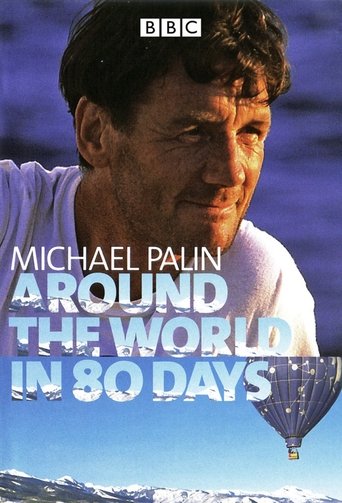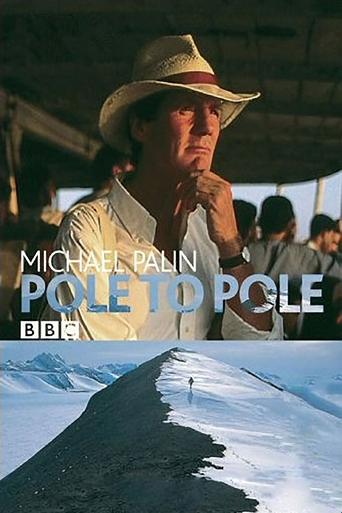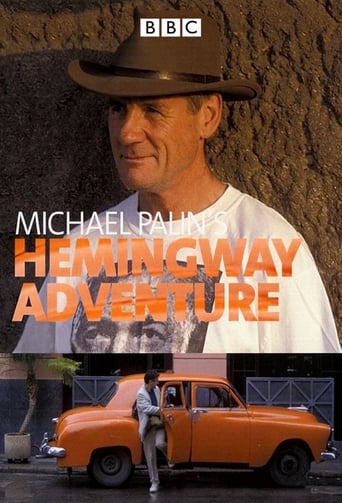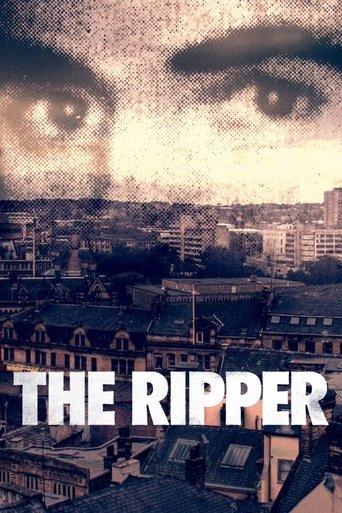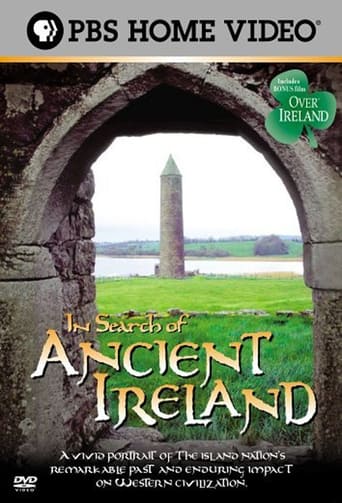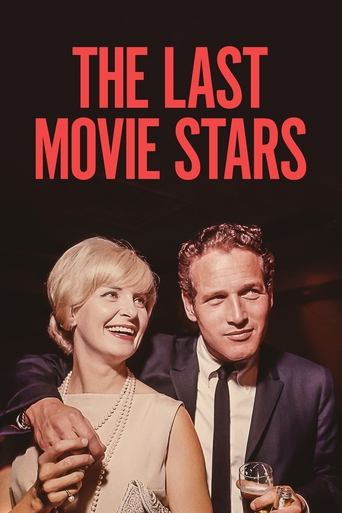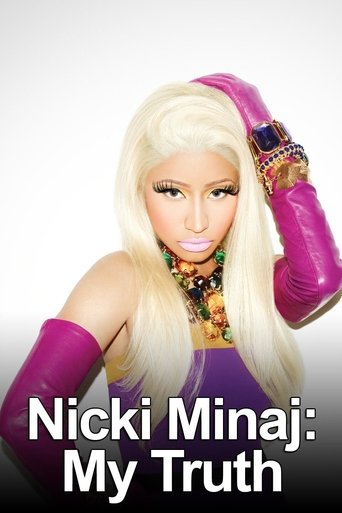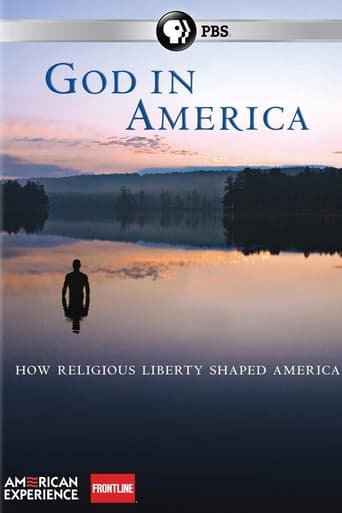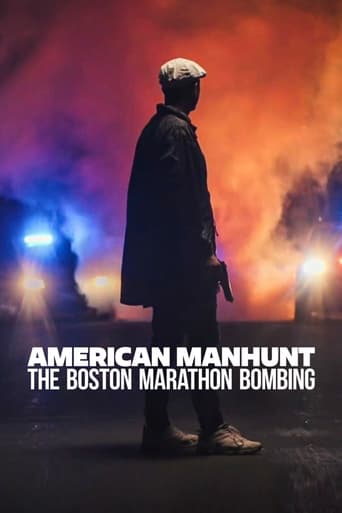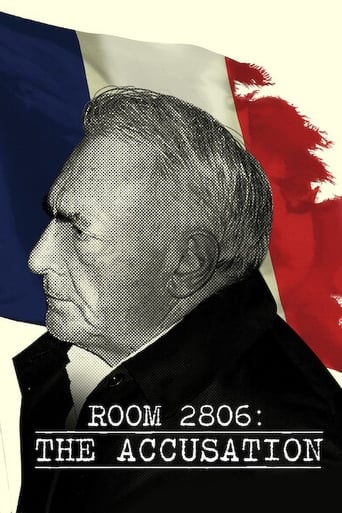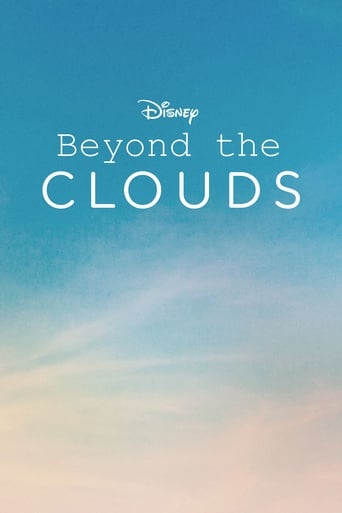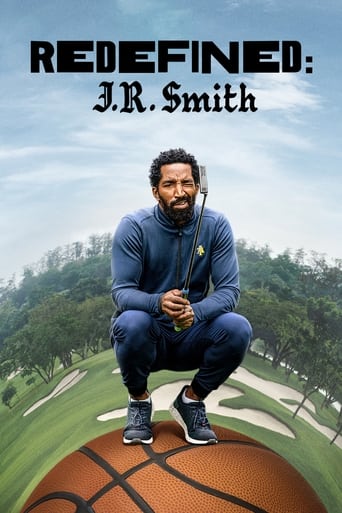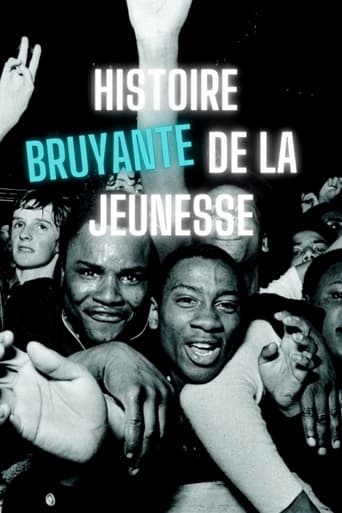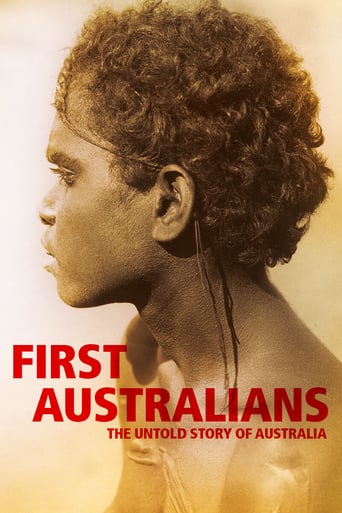
First Australians (2008)
First Australians is an Australian historical documentary series produced by Blackfella Films over the course of six years, and first aired in October 2008. The documentary is part of a greater project that further consists of a hard-cover book, a community outreach program and a substantial website featuring over 200 mini-documentaries. The series chronicles the history of contemporary Australia, from the perspective of its first people, or Aborigines. The series is essentially a synthesis of well documented historical information. It relies heavily on archival documents and interpretations from historians and members of both the Indigenous and European community and leaders. The story begins in 1788 in Sydney, with the arrival of the First Fleet and ends in 1993 with Koiki Mabo's legal challenge to the foundation of Australia. The series comprises seven episodes in which it explores what unfolded when the oldest living culture in the world was confronted by the British Empire. It explores the lives of particular individuals and uses their stories as a vehicle to explain the larger situations of the time. It explains violent aspects of European settlement of Australia, such as killings, battles, wars, as well as acts of friendship and decency between the early European settlers and Indigenous Australians. Indigenous Australian history has until recently been clouded by the "great Australian silence" where ignorance of the real history of Australia can be seen as a way for non-Indigenous to hide shame for their own history. In this respect it has been controversial in that many of these stories have not been portrayed on Australian television before and the Indigenous Australian perspective of European settlement is confrontational for many.
- Rachel Perkins
- Beck Cole
Country: AU
Language: En
Runtime: 60
Season 1:
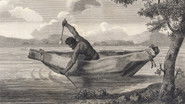
The first Australians and the British, the most powerful Empire in history, come face to face in Sydney on January 26, 1788. Their differences are immense but apprehension quickly turns to curiosity. Friendships form, some between powerful men such as Governor Arthur Phillip and the Aboriginal Bennelong. But by the time this pair leave for London three years later, relations between the two races have soured. The bloodshed worsens as settlers spread out across the land.
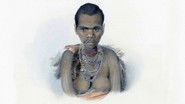
The land grab moves south to Tasmania. In an effort to protect the real estate prices, it is decided to remove the Tasmanian Aboriginal people from the island. The Government enlists an Englishmen for the job, who is helped by a young Aboriginal woman Truganini.
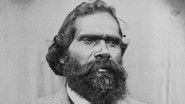
The threat of extinction hovers over the first Australians of Victoria at the time Wurundjeri clan leader Simon Wonga seeks land from the authorities. He soon gives up and leads his people to the banks of the Yarra River, claiming a parcel of land Coranderrk. With the help of a Scottish preacher, and inspired by the farming practices of the settlers, the community prospers – until the authorities step in and resist self determination.
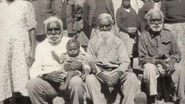
Throughout the history of white settlement, individual white men, good and bad, have significantly affected the first Australians. Supported by pastoralists keen to make their fortune, the homicidal police officer Constable Willshire, brings mayhem to the Arrernte nation in Central Australia. With the authorities turning a blind eye, the telegraph operator Frank Gillen stops him. Gillen’s other legacy is comprehensive records of the Arrernte people’s way of life.
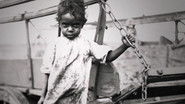
Jandamurra is born on a cattle station in the Kimberley in 1870s. His hybrid life takes a bloody turn when he trades in his status as a police tracker for his own people. Gladys Gilligan is one of more than 50,000 half-caste children plucked from her family and sent to a mission. The Chief Protector of Aborigines, AO Neville, institutionalises her first son, orders her to be arrested, and denies her the right to marry three times, but she remains resolutely independent.
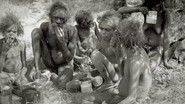
Across the continent, the first Australians are governed by ‘protective legislation’ which binds them to reserves, controls their wages, residency, ability to marry and travel. Yorta Yorta man William Cooper forms the Australian Aborigines League in 1933 to continue his life-long campaign for equality. His nephew also becomes a political animal; Doug Nichols, a Church of Christ pastor who becomes a champion for those affected by the Maralinga nuclear bomb tests in the 1950s.
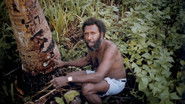
Eddie Koiki Mabo fights for Australian law to recognise that his people own Murray Island, where they have lived for generations. In 1992, six months after his death and a decade after the statement of claim was first lodged in Queensland, the highest court in the land decides in Mabo’s favour. The outcome overturns the notion of terra nullius, that is, the notion that the land belonged to no-one at the time of white settlement.

